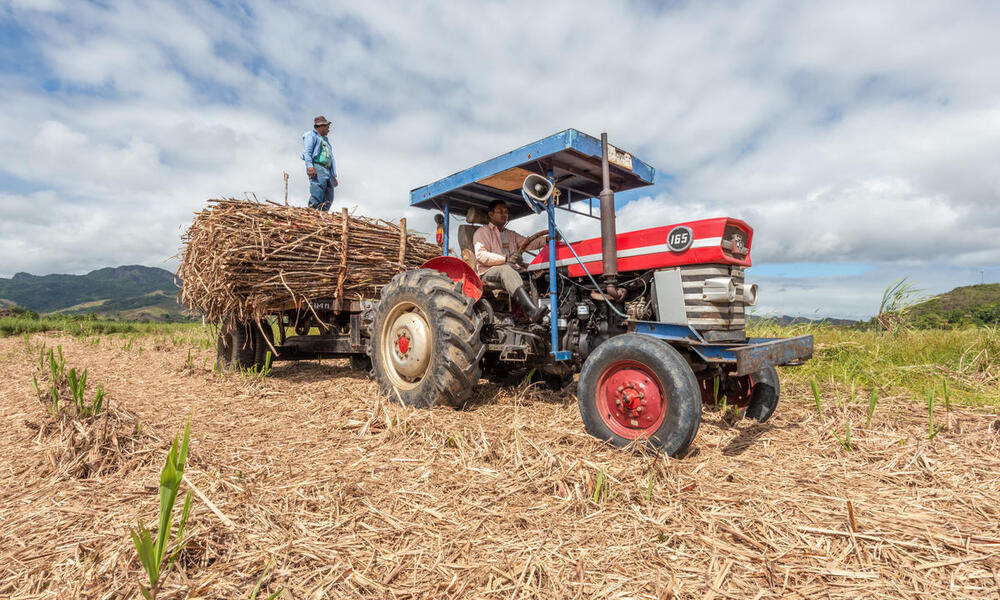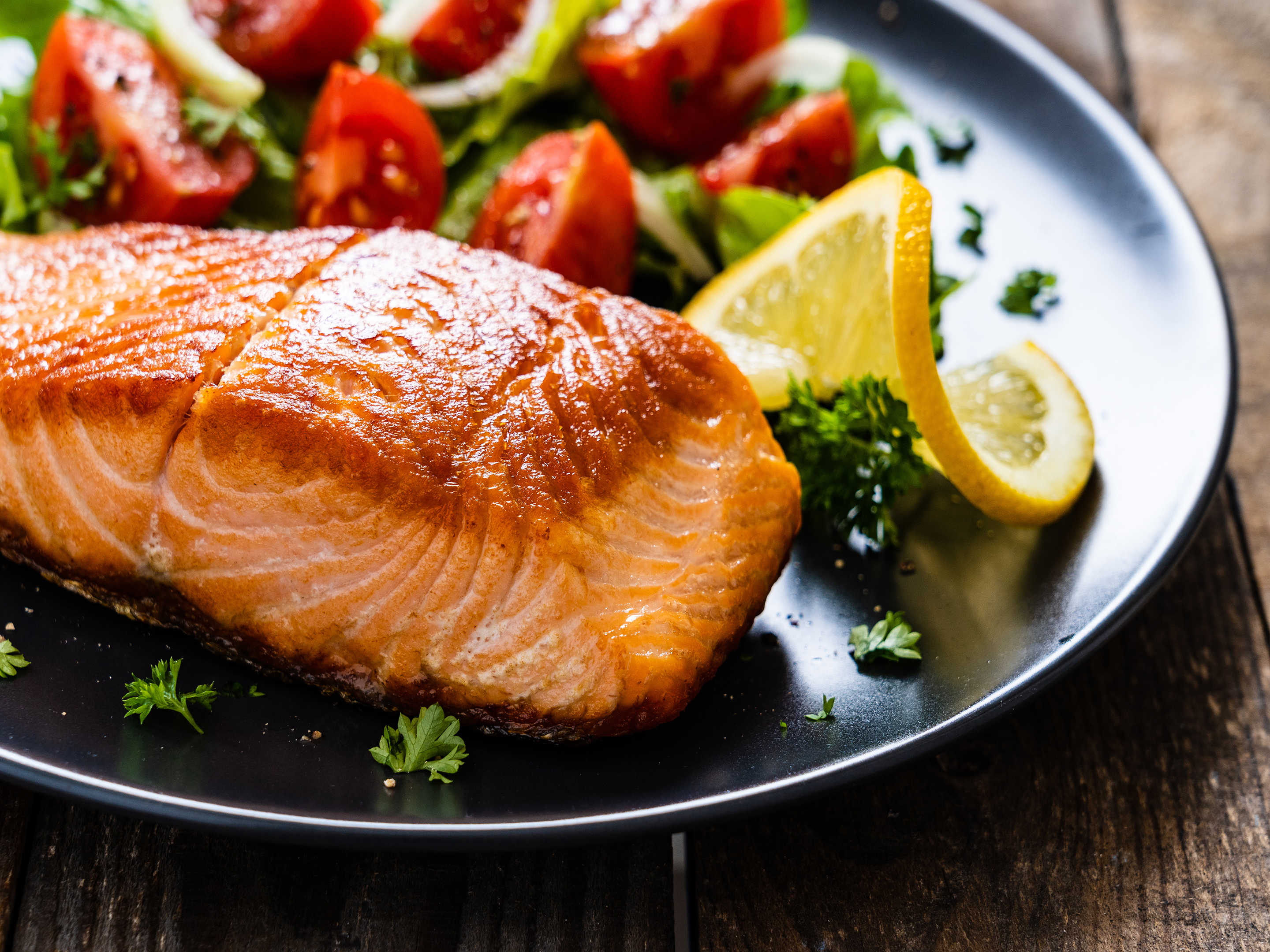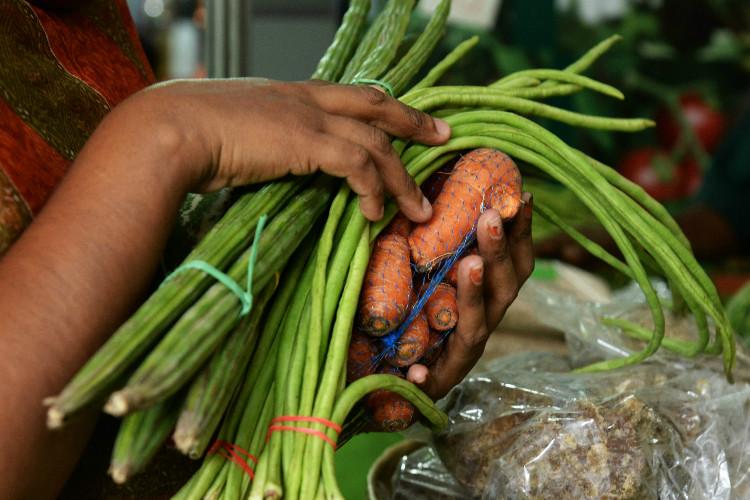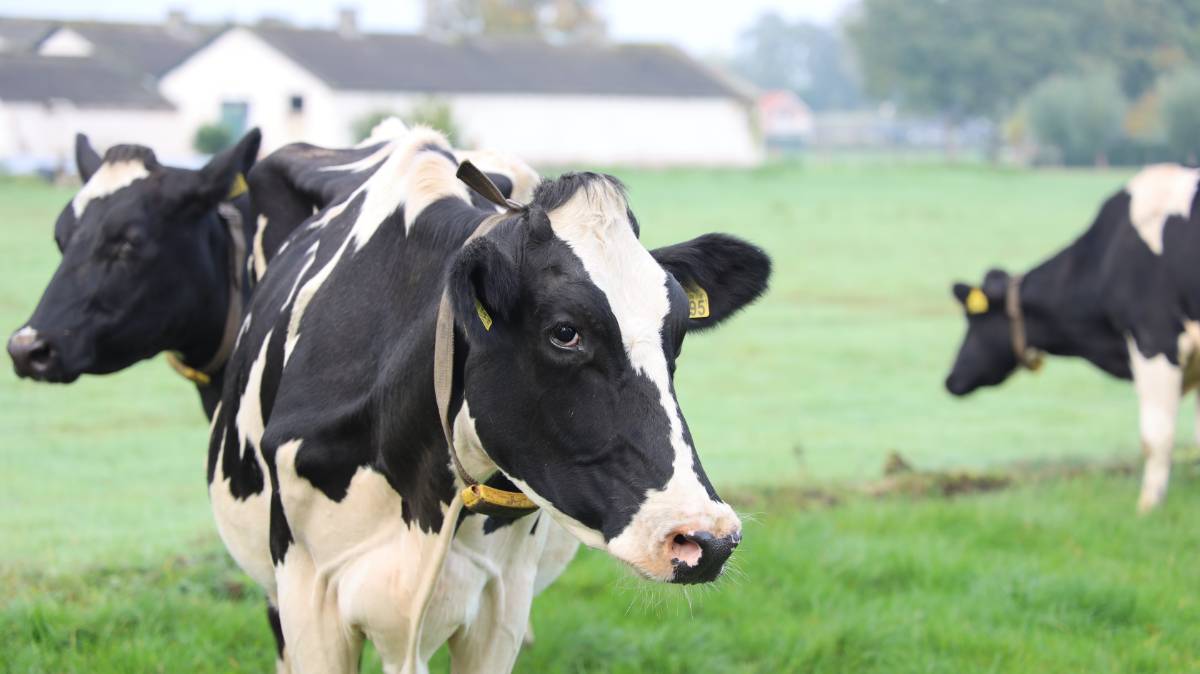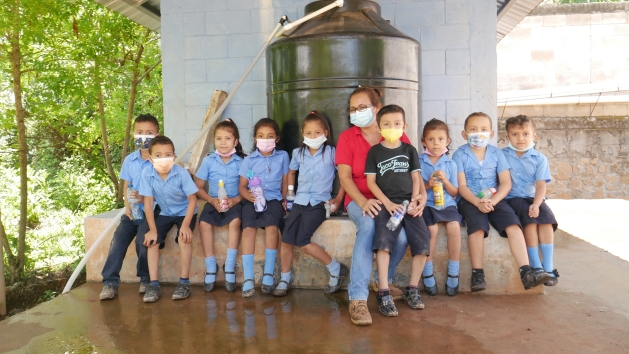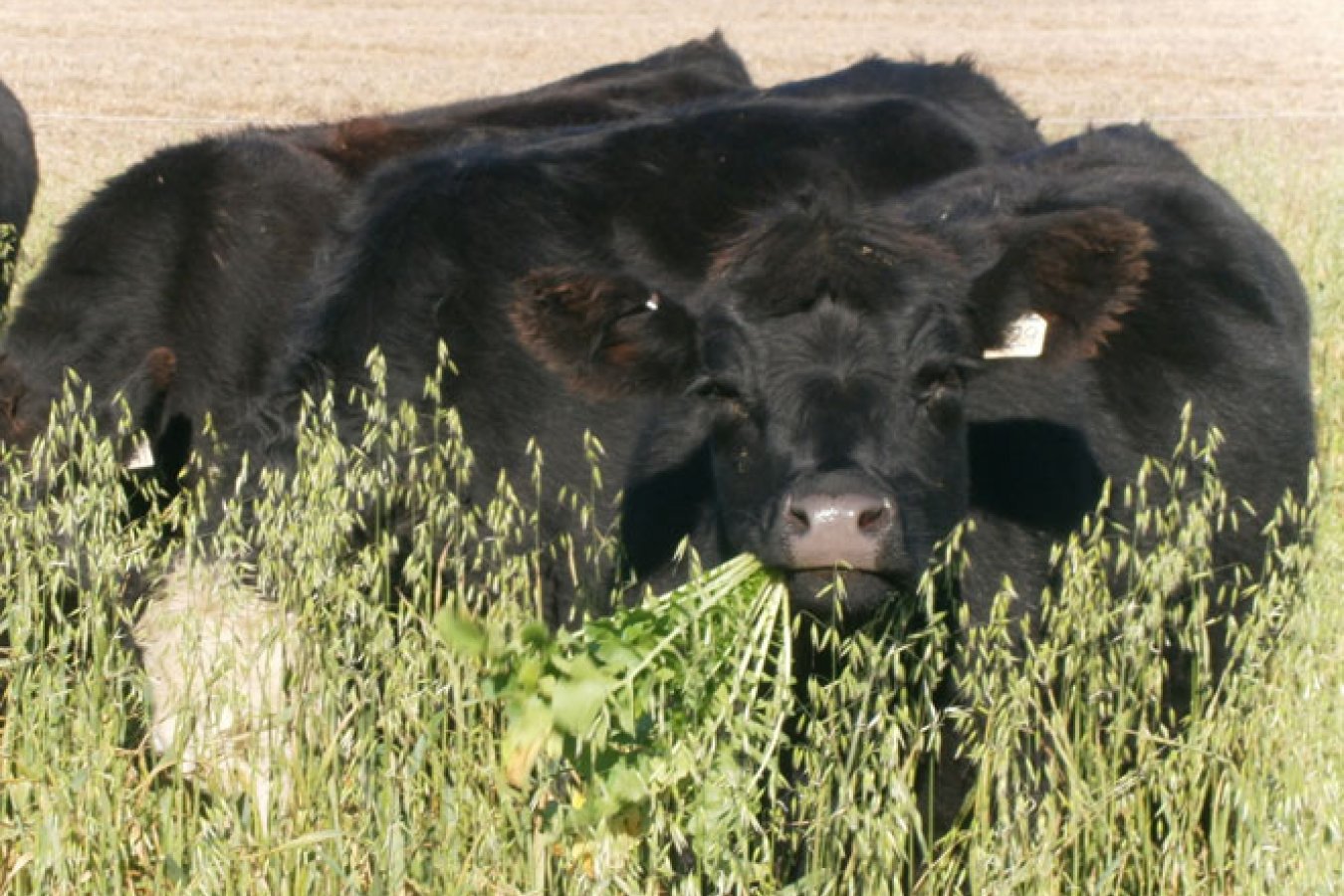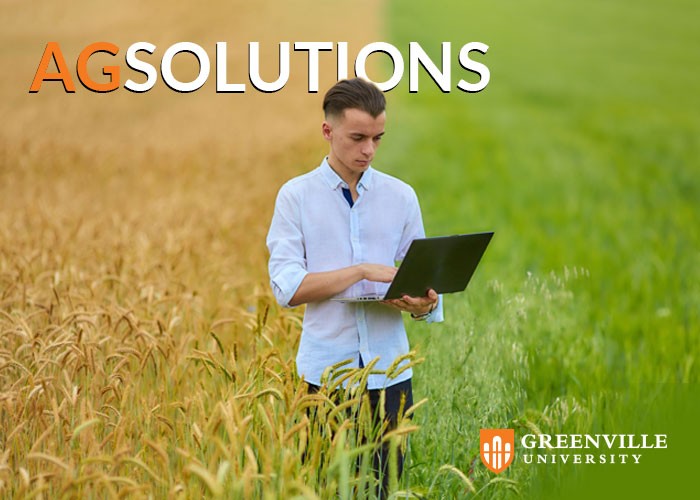08/23/2021 SOURCE: www.worldwildlife.org
Food waste contributes to the climate crisis. But global solutions can help curb the problem.
We’re losing 40% of the food we produce. Here’s how to stop food waste.
-
(0)
-
Bookmark
- Comments. (0)
 John LaRose Jr.
John LaRose Jr.
Topics: Agriculture Global, Food/Nutrition, Aquaculture/Fish Farming, Fishing (Commercial), Research, Genes /Genetics,
-
(0)
-
Bookmark
- Comments (0)
 John LaRose Jr.
John LaRose Jr.
Topics: Soil Health, Agriculture Global, Sustainability, Ag Asia / Pacific, Regenerative Agriculture, Weather,
How microbial communities adapt to soil acidification
Temperate grasslands in northern China have experienced soil acidification in the last 30 years due to increasing acid deposition and unsustainable management. Long-term soil acidification may lead to ...
-
(1)
-
Bookmark
- Comments (0)
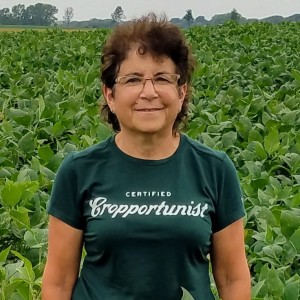 Nancy Kavazanjian
Nancy Kavazanjian
Topics: Pesticides, Organic, Vegetables, Agriculture Global, Food/Nutrition,
Kerala Agricultural University study finds pesticide residue in ‘organic’ vegetables
A study of vegetables conducted by the Pesticide Residue Analytical Laboratory (PRAL) of Kerala Agriculture University at the College of Agriculture at Vellayani in Thiruvananthapuram, has intriguing findings about pesticide contamination levels of the vegetables we eat. Of the 5.6% vegetables found to have pesticide residue from its sample, 11.2% were those labelled ‘organic’, and had traces of chemical contamination from pesticides and insecticides.
-
(0)
-
Bookmark
- Comments (0)
-
(0)
-
Bookmark
- Comments (0)
 John LaRose Jr.
John LaRose Jr.
Topics: Agriculture US, Crop Consultant, Agriculture Global, Economics, Sustainability, Research, Weather,
Study proposes new ways to estimate climate change impacts on agriculture
Most scientists agree climate change has a profound impact on U.S. agricultural production. But estimates vary widely, making it hard to develop mitigation strategies. Two agricultural economists at the ...
-
(0)
-
Bookmark
- Comments (0)
 John LaRose Jr.
John LaRose Jr.
Topics: Wheat, Soybeans, Livestock/Meat, Dairy, Agriculture Global, Poultry, Lamb/Sheep, Goats,
Benefits of Grain Roasting Your Feed - Roastamatic - Grain Roasters
If you struggle with milk production, healthy livestock, and other complications with your animals’ digestion, grain roasting your feed may offer more benefits than you think. Roasting is available for many feeds including soybeans, corn, barley, wheat, and more. These feeds are generally used for livestock including: Dairy Beef Pork Poultry Deer Sheep Goats So […]
-
(0)
-
Bookmark
- Comments (0)
 John LaRose Jr.
John LaRose Jr.
Topics: Soil Health, Agriculture Global, Gardening, Regenerative Agriculture,
Slugs and snails, destructors of crops and gardens, could be controlled by bread dough
New research from Oregon State University Extension Service found slugs and snails are strongly attracted to bread dough, a discovery that could lead to better ways of controlling these serious pests ...
-
(1)
-
Bookmark
- Comments (0)
08/19/2021 SOURCE: www.ipsnews.net
Access to water is a constant struggle in Central America, a region with more than 60 million people, many of whom live in rural areas where conditions for good quality water and enough for food produ
Community-Based Solutions Alleviate Water Shortages in Central America – In Pictures
-
(0)
-
Bookmark
- Comments. (0)
 John LaRose Jr.
John LaRose Jr.
Topics: Soil Health, Precision AG , Agriculture US, Cover Crops, Crop Consultant, Agriculture Global, Water, Sustainability, Education,
South Dakota producers reap rewards of cover crops
The longer farmers use cover crops, the more likely they are to see the benefits and to use the conservation practice on a higher percentage of their farmland, according to a survey of eastern South Dakota producers. Cover crops, which are planted after harvesting the cash crop, help prevent erosion and runoff and increase soil organic matter, thereby reducing the need for fertilizer and improving water quality. In addition, cover crops can help suppress weeds, thereby reducing herbicide and pesticide usage, according to assistant professor Tong Wang of South Dakota State University’s Ness School of Management and Economics. She is part of a team of SDSU researchers who conducted the spring 2018 survey to evaluate producers’ perceptions about the benefits of conservation practices aimed at improving soil health, reducing the industry’s carbon footprint and increasing the sustainability of agriculture. Furthermore, Wang reported those who use cover crops for grazing are more likely to view them as increasing their profitability, even during the first few years. “Grazing helps offset the cost of using cover crops by reducing forage costs.” More than 70% of South Dakota producers graze their livestock on crop residue and cover crops, according to a 2016 survey in the Northern Great Plains. An article on South Dakota farmers’ perceptions about profitability and their likelihood of continuing to use cover crops was published in the Journal of Agricultural and Resource Economics. The research was funded by the South Dakota Corn Utilization Council and the U.S. Department of Agriculture Natural Resources Conservation Service. Tracking cover crop usage In the contiguous United States, the number of acres on which farmers plant cover crops increased from 218,000 in 2012 to 619,000 in 2017, according to the fifth-annual Sustainable Agriculture Research and Education–Conservation Technology Information Center cover-crop survey. Of the 708 South Dakota producers who responded to the SDSU researchers’ su...
-
(1)
-
Bookmark
- Comments (0)


